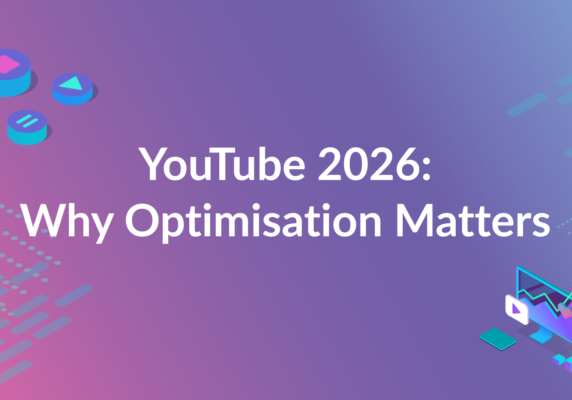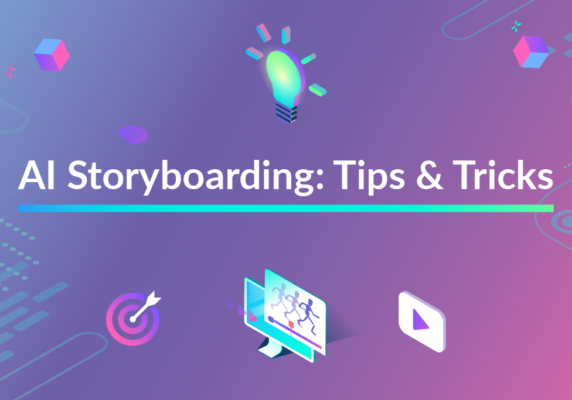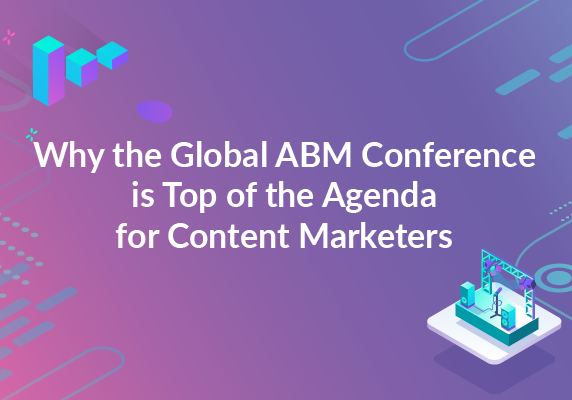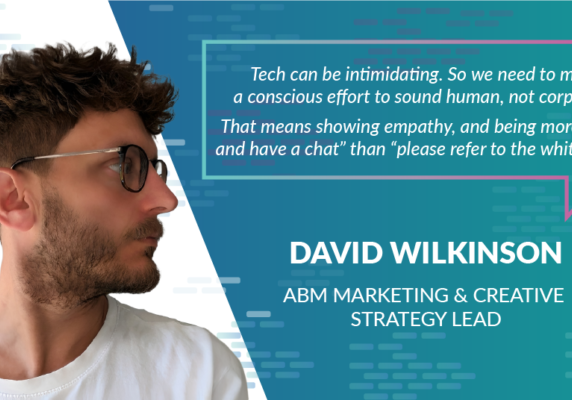Key Marketing Trends for 2019 & Beyond! (Part 1 of 2)
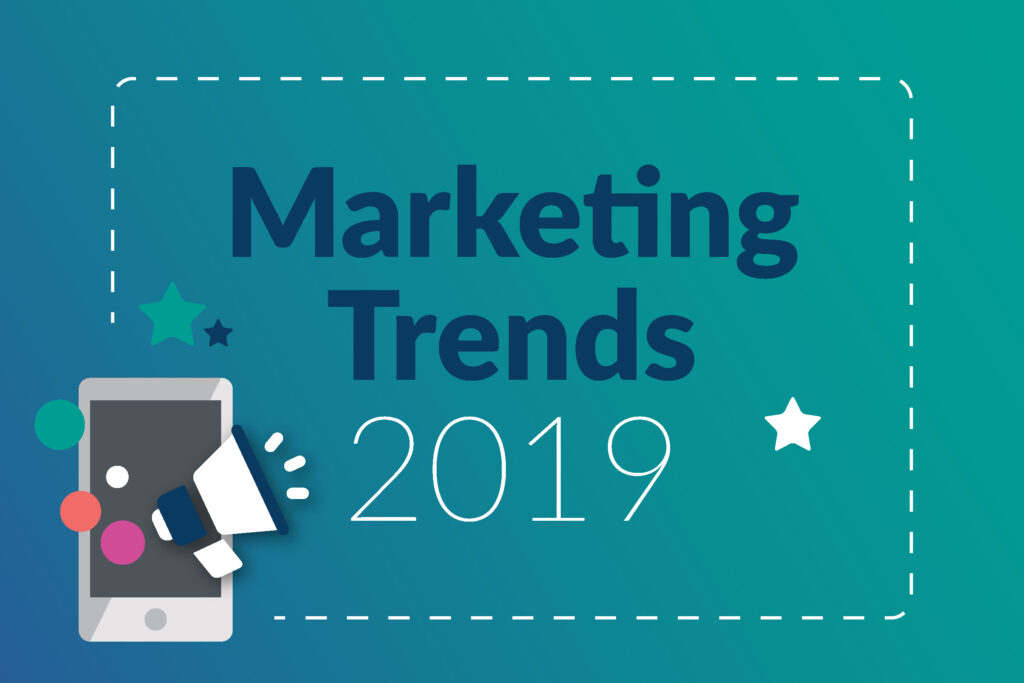
Before the hit sequel, there was…
Welcome to the first of our two-part guide to the greatest marketing influences for next year and the future. Jam-packed with content and links to the opinions from experts that we have been fortunate to pick the brains of throughout 2018. So go ahead, relax and dip into the following. We promise after reading both parts – you’re going to start the new year knowing exactly where to focus your marketing efforts, enjoy!
Getting your marketing smarts
Like every other area of business, brands are focusing on working smarter, not harder. In recent years data has become the world’s most precious commodity. For brands looking to engage with their audiences, both the accuracy and the quality of the data that they have at their disposal and how they choose to make use of it – will determine the effectiveness of their campaigns.
1. Data Analytics: The devil is in the detail
Data analytics (DA) is one of the continuing trends you can expect to see a lot more of in 2019 and beyond. It has really come a long way in a relatively short period of time. Aside from revealing new information on past or historic campaigns – brands can also gain access to data in real-time – meaning they can determine the level of a campaign’s success as it rolls out – and crucially, can adapt as necessary to ensure they reach their targets.
Moving forward, the ongoing development of AI means that as seen within other industries, like Manufacturing 4.0 that measures persistent data to prevent mechanical failures in production processes – brands can use data analytics to predict consumer behaviour, generate new leads, or reveal new business opportunities that are worth channelling their marketing efforts into.
2. Data-Driven Automation: Injecting intelligence
And it’s not just predictive analysis – DA with AI can allow for a level of (2) Data-Driven Marketing Automation too, which is a goal many brands are driving towards. It’s certainly a driving force for Gregor Sideris, IBM MidMarket Leader, Europe. He gave, in a nutshell, where he believes the focus needs to be applied to enhance online, consumer engagement: “Data-driven Marketing Automation for the ultimate digital customer experience.”
From chatbots for fielding questions and using this information to assist with lead-generation – to auto-targeting leads with specific products or services known to be of interest to the recipient, the success rate of marketing efforts can be significantly improved. When we asked Maz Lopez, Head of Marketing at Boston Limited for where she would be concentrating her efforts in 2019, she had this to say: “Our website is in continual evolution; we track everything and in 2019 we’ll be looking at how we can integrate AI features, AR/VR aspects etc. to further improve our customer’s journey.”
Again, we can expect to see brands echoing the need to measure their engagement efforts with their consumers and fusing these with technology such as AI as its capabilities become more well-known and understood. For a more in-depth understanding of the increasing importance of emerging technologies as well as the role of the ‘data scientist’ within brands – check out our interview with exponential technology guru and CEO Founder of Exponential Business Hub:Petra Hauser
3. Customer-Centric: True target acquisition
Data Analytics allows brands to be more customer-centric. Which in itself is a trending approach & ideology that continues to gain more traction; one shared by B2B and B2C organisations alike. When Black Cliff Media spoke with Herbert Reinisch, International Marketing Manager SDS he had this to say about his company’s marketing emphasis: “Our clear focus in 2019 is to drive the conversation about and the engagement with SDS through intensified, customer-focused digital marketing activities.”
This push for a heightened customer-focused approach is becoming increasingly more common –Isha Chander Marketing Director of 6point6 sees the popularity of the term customer focused as an understatement for next year: “2019 is all about transitioning from being customer focused to being customer obsessed.” When we consider the degree of market saturation and the elevated competition present within – it is not surprising that brands wish to ensure their message resonates with their intended audience. Indeed, another factor that’s steering these ‘customer obsessed’ marketing efforts is the sharp decline in brand loyalty displayed by consumers – an important area we explored in our Brand Loyalty, A Relic of the Past?
By acting upon relevant and useful information, brands can tailor their marketing message in a way that encourages audiences to share their positive experiences with peers and champion their consumer success stories through the medium of their choice, e.g. social media, online forums etc.
4. Omnichannel: All – is everything
Which brings us onto the next trend you can expect to hear and see a lot more of in 2019: Omnichannel marketing. When asked – many marketers express this is essentially the same as multi-channel marketing – and in a way they are correct. In fact, Omnichannel has been coined as ‘multichannel marketing done right’. It builds on the idea of personalising content towards the intended audience, but instead of simply offering a variety of channels that brands and their audiences can communicate with separately, as demonstrated in Multi-channel Marketing – it connects these platforms seamlessly to one another.
First adopted by retail – it now has proven success for marketeers and provides brands with the opportunity to provide various marketing touch-points. The full integration of brand channels allows customers to experience consistency and fluidity throughout. Users can switch channels at will without negatively impacting on their journey – resuming their activity at the point they left one channel and hopped onto another.
5. Regional Awareness: Breaking into new markets
Another trending marketing approach that we’re going to see brands perform in the future, which ties in the above examples, is an increased regional awareness. Again, just as brands look to learn and cater to individual potential leads and consumers, building up more detailed ‘Buyer Personas’ – they are also demonstrating an understanding of being region specific in their communications.
Our podcast with Sabine Elsner Marketing Manager of AudioCodes at this year’s Digital 2018 is a good example of a B2B tech solutions company using different marketing approaches for the UK and German markets. Similarly, when we interviewed Hannah Patel UK Director of Red Lorry Yellow Lorry PR & Comms she identified the challenges and gave solutions for those brands that find themselves unable to hit the mark when breaking into new territories.
START A PROJECT WITH US
